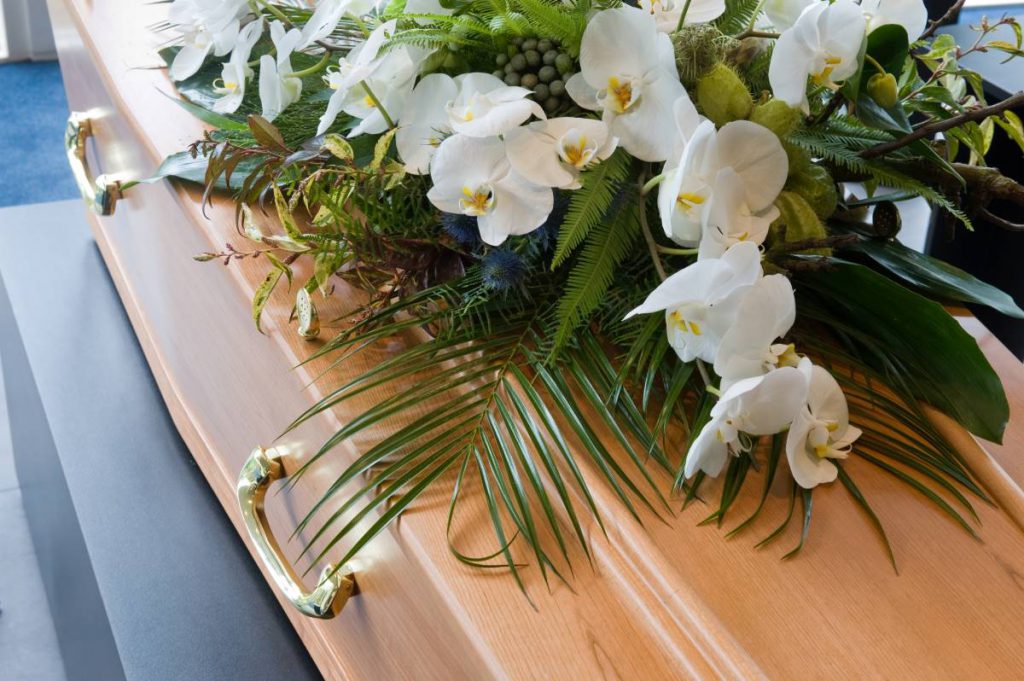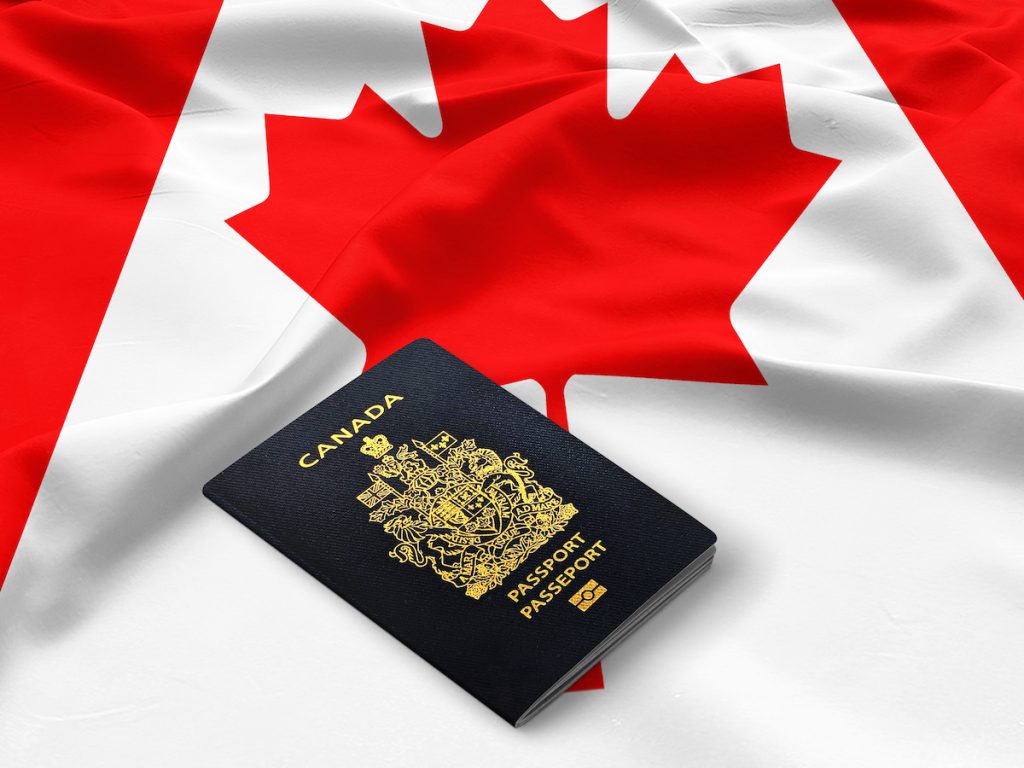Though the population of Canada by world standards is relatively small, Canadian citizens are spread throughout the world. Unfortunately, the sad reality is some citizens pass away while in foreign lands. Though a sad occasion, if a death abroad occurs, family members have to carry out the funeral and other legal arrangements. In this article, we look at what people need to do in such an unfortunate situation.

Dealing With A Death Abroad
Though a sorrowful and difficult time, appropriate steps need to be taken quickly to conduct the funeral and to take care of the possessions of the perished person. You will need to follow these steps:
- A person (from the family or otherwise) must be identified as the point of contact. They will liaise with Canadian officials and the local authority where the death occurred. It is best if this person has the necessary documentation, such as the power of attorney or the deceased’s will.
- The insurance provider of the deceased must be notified. Their instructions need to be followed as close as possible to prevent unnecessary complications or delays.
- A funeral home must be found in the country where the death took place. They must have experience in arranging international funerals if you are to conduct the funeral in Canada.
- Find out which federal departments and appropriate programs must be notified with the notice of death. You will need to cancel benefits such as pensions.
- Deal with the government documents of the deceased such as their passport, and SIN card.
- Make the appropriate checks to determine what steps need to be carried out, especially if the person was a resident of the country or receiving government assistance such as benefits.
The Death Certificate
The death certificate is an important document; notice of death must be given to the local authorities to obtain it. It allows the funeral to take place and deal with the deceased’s possessions. There are a few things to bear in mind:
- The funeral home may be able to register the death and obtain a death certificate based on the country’s laws.
- Authentication may be required by the country’s local foreign affairs department where the death occurred. Authentication may also be required by Canadian government officials for insurance purposes.
- Delays are common as the procedure is slower than in Canada in many other countries. Delays may be heightened if it is necessary to carry out toxicology reports or autopsies.
Making The Funeral Arrangements
The important thing is to decide whether the body will be brought back to Canada or if the funeral will take place in the country where the death occurred. Cremation is not allowed in some countries, while others have time limits for cremation or burial. The local funeral home and the Canadian embassy and consular offices will be able to provide more details.
Transporting The Remains Back To Canada
A death certificate stating the cause of death must be obtained to bring the deceased person’s body back to Canada. Depending on the country where the death occurred, the following documentation may be required:
- Cancel passport after death takes place,
- Embalming or cremation certificate,
- A letter from the funeral provider,
- Overseas Transfer permits,
- Medical letters to state the deceased did not have any communicable diseases when they perished.
The funeral provider in the country where the death occurred will verify these requirements.
What To Consider When Repatriating The Remains Back To Canada
Local Limitations need to be taken into account when it comes to transporting human remains internationally. There are countries with few to no embalming facilities, and the provision to transport remains to other countries. The rules in place for transporting remains to Canada need to be considered—for example, the use of leakproof and hematic containers. You can find out more about the Canadian requirements on this government website. You will also need to find a suitable funeral home in Canada and an airline to bring back the remains.
Transporting And Flying With Cremated Remains
If the body was cremated overseas, ask the airline you wish to use if they allow the transportation of cremated remains. Be sure to use the correct container that complies with airport security. Your funeral home will be able to help with this. The container must pass the airport X-ray machines and be permitted beyond checkpoints. Sending ashes overseas is common, and many airlines will accommodate them.
You might be also interested in: How To Make A Will In Canada.
The Costs Involved
The potential costs are high, and depending on the cause of death, the process may take a long time. Funeral homes in foreign countries usually ask for payment upfront before starting the proceedings.
The cost involved for a death abroad and the repatriation must all be met by the next of kin or the deceased’s estate. Other fees, such as interpretation and translation, add to the costs. You may be wondering, “Does travel insurance cover death abroad?” It depends on the travel insurance policy, and you should check to see if the deceased is covered by their coverage.
The government of Canada takes no responsibility for the arrangements made for Canadians who die abroad.
Dealing With A Death Abroad
The death of the nearest and dearest is a challenging time. If a death occurs in a foreign country, more administration is involved, making the process more difficult. You must obtain a death certificate and carry out the funeral arrangements which often include transporting the remains back to Canada. But luckily, most foreign governments are there to aid the process and make it as simple as possible.






